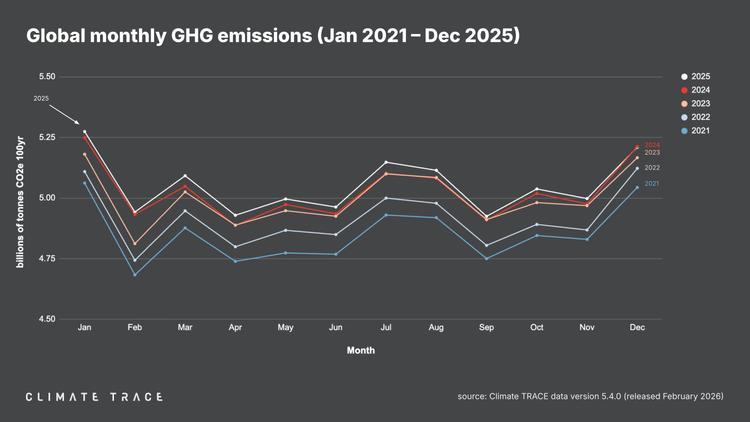Nature-positive transition pathways ‘critical’ for private sector nature investment
“A real plan to save UK nature must bring the private sector with it."

Businesses are asking for government guidance in the form of nature-positive transition pathways (NPPs) to support their investments in nature protection and restoration, according to a WWF-GFI report.
The report, published by WWF and the Green Finance Institute (GFI) this week, calls on the UK government to participate in the co-development of NPPs with the private sector, in order to better support companies’ impact reduction efforts and scale up investment in nature-based solutions.







